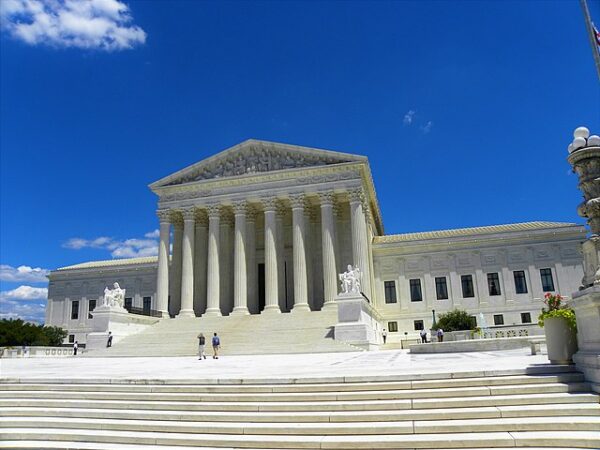In a significant new legal development, the U.S. Supreme Court has now reportedly halted, at least temporarily, a lower court’s mandate requiring the Trump administration to disburse nearly $2 billion in foreign aid.
Chief Justice John Roberts granted the administration’s emergency request to stay the order, providing additional time for the government’s appeal process.
Roberts instructed the parties to provide an explanation of why the money should be maintained by Friday at noon.
On February 13, Biden-appointed U.S. District Judge Amir Ali temporarily suspended the administration’s overseas expenditure freeze.
On Tuesday, he ordered the Trump administration to start making payments again by Wednesday evening.
The controversy centers around the administration’s decision to freeze substantial funds allocated to the U.S. Agency for International Development (USAID).
This action aligns with President Trump’s broader agenda to reassess and reduce foreign aid expenditures, aiming to prioritize domestic fiscal responsibility and ensure that taxpayer dollars are utilized effectively.
Acting Solicitor General Sarah Harris argued that the lower court’s directive imposed an “imminent and arbitrary” deadline, making immediate compliance unfeasible.
She emphasized that disbursing such a large sum on short notice could disrupt the administration’s comprehensive review of foreign aid programs, which seeks to eliminate inefficiencies and ensure that aid aligns with U.S. interests.
The Supreme Court’s intervention allows the administration to maintain the current freeze on the disputed funds while the legal battle continues.
This pause is seen by supporters as a prudent measure, granting the government necessary time to thoroughly evaluate foreign aid commitments and make informed decisions that reflect national priorities.
Liberal critics, however, contend that withholding these funds could adversely affect international humanitarian efforts and damage diplomatic relations.
They argue that the aid in question supports critical programs in regions facing crises, and delaying its release may exacerbate suffering and instability.
This legal dispute highlights the ongoing debate over the role and scope of U.S. foreign aid.
The Trump administration’s stance reflects a common sense perspective favoring a more restrained and strategic approach to international assistance, focusing on domestic needs and ensuring that foreign aid serves clear national interests.
As the case progresses, the Supreme Court’s forthcoming decisions will likely have significant implications for U.S. foreign policy and the future allocation of aid resources.
[READ MORE: FBI Under Kash Patel Reportedly Unleashed New Investigation Into James Comey]



